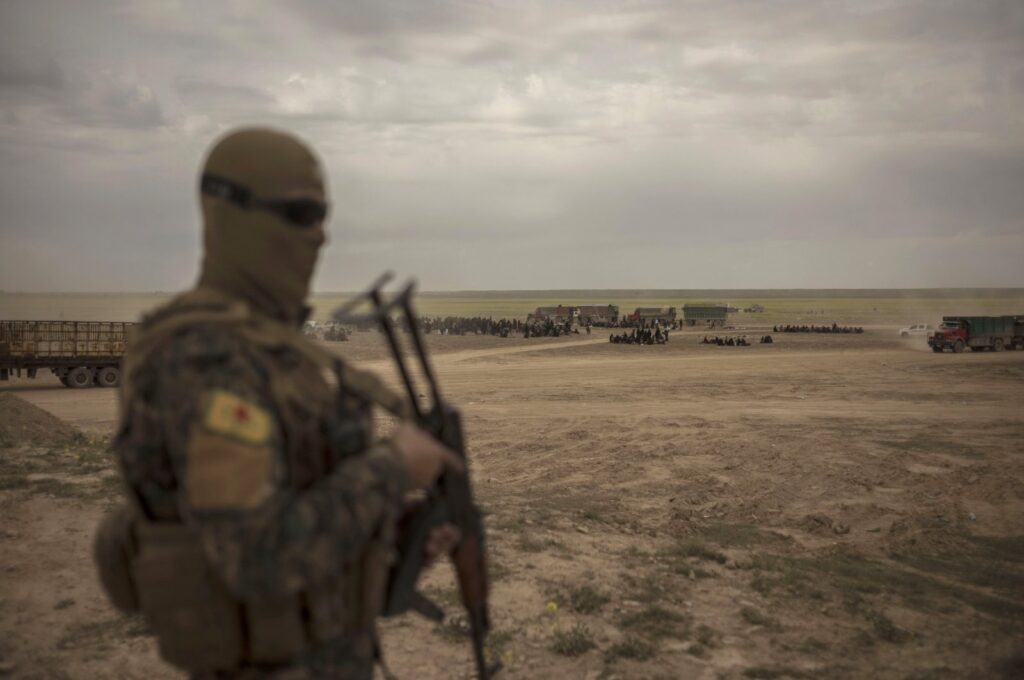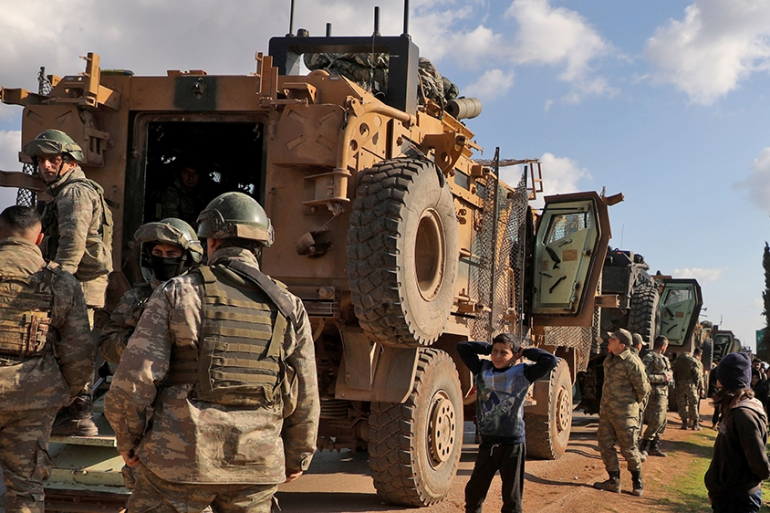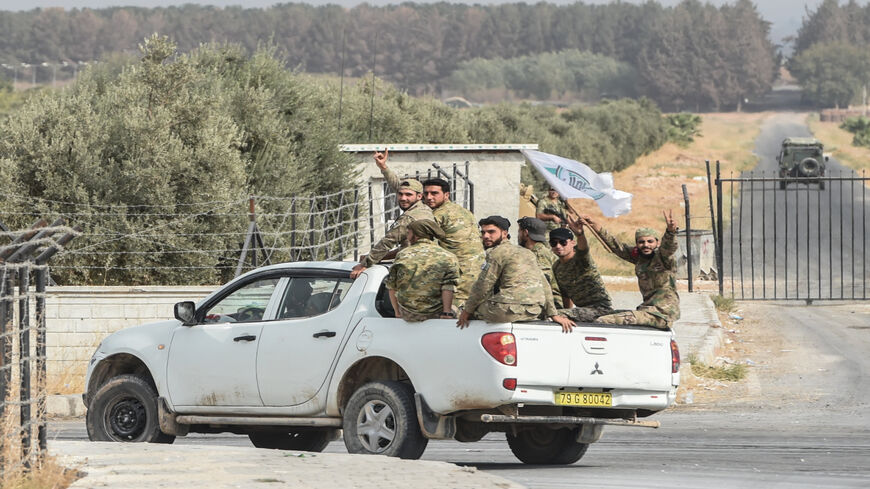Qandil restricts YPG terrorist Mazloum Abdi’s leadership: Report

The terrorist group PKK’s leadership in Qandil restricted the authority of the notorious ringleader of its Syrian wing YPG, Ferhat Abdi Şahin, over a leadership dispute, Habertürk daily reported. Şahin, also known as Mazloum Kobani and Şahin Cilo, is currently on Turkey’s most-wanted list for orchestrating terrorist attacks in Turkey.
The report said that PKK leaders took the decision a year ago, as they were concerned about Şahin’s “fame” and purported international relations network. It added that the decision came as a shock for the YPG and Şahin and held a meeting with United States officers to discuss the issue.







